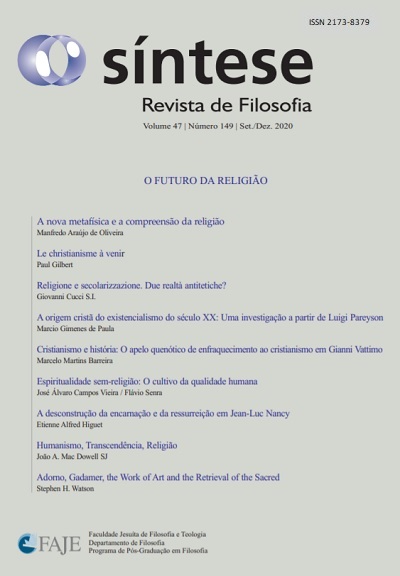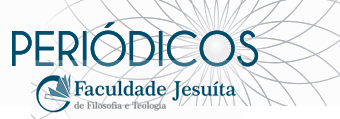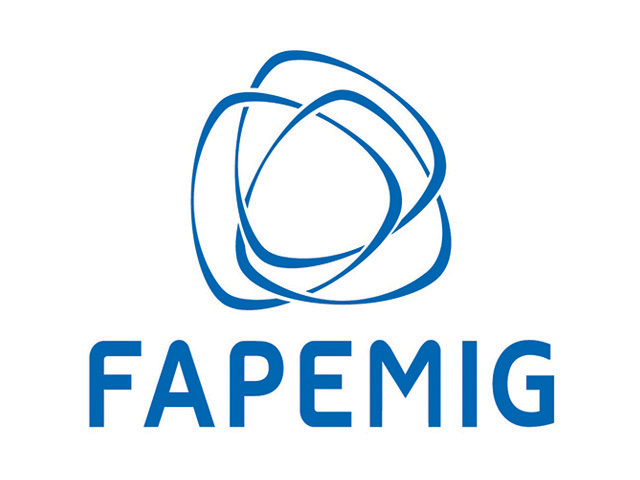HUMANISM, TRANSCENDENCE, RELIGION
DOI:
https://doi.org/10.20911/21769389v47n149p663/2020Abstract
After a brief historical presentation of the concept of humanism, this article resorts to Jean-Claude Nancy's interpretation of the contemporary world crisis. Nancy attributes it to the metaphysical underpinnings of Christian huÂmanism, posited as an absolute principle explaining the whole reality, seen as either transcendent in monotheism, or as immanent in modern atheism, which from it derives. To overcome the resulting enclosure of reason, he intends, through his deconstruction of Christianity, to reinterpret it, opening reason to an unlimited transcendence, in a faith free from all defined content that keeps itself devoid of any assurance, adoring nothing. Once the critique of the God of traditional metaphysics is accepted, reached as a goal of the gradual ascent of reason in search of the complete understanding of reality, an alternative to the impasse of reason is proposed. It shows that the phenomenological analysis acknowledges, deep into the human spirit, the absolute transcendent, implicitly present, as a gratuitous gift of meaning. This absolute transcendent can be exÂperienced and accepted by all those who open themselves freely to the truth of their finite condition, in the sui generis intuitive evidence of faith. In this sense, the authentic religious attitude does not imply the ontotheological conception of the divine mystery. The myths and rites, thus understood, even though they introduce the divine as a being to the human-mundane horizon of being, refer radically beyond such symbols due to the experience of the mystery.






























